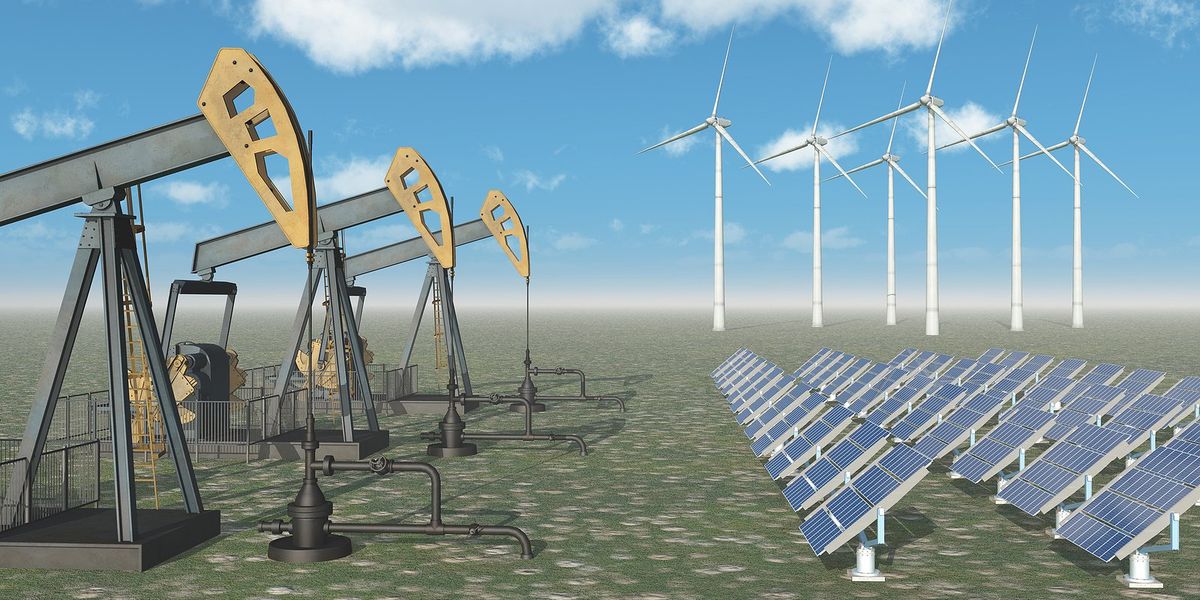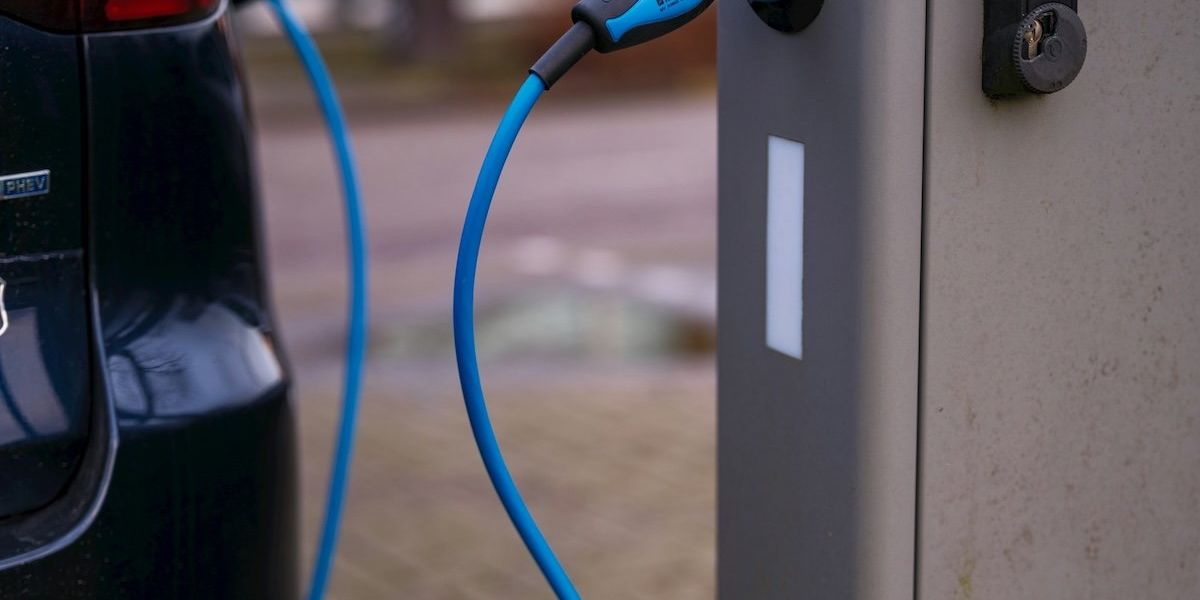China’s control of key minerals threatens U.S. auto and EV production
China’s tightening grip on rare earth exports is disrupting global supply chains for electric vehicles and military technologies, drawing automakers into President Donald Trump’s escalating trade fight with Beijing.
Hannah Northey reports for E&E News.
In short:
- U.S. automakers warned that rare earth supply disruptions could halt vehicle assembly within weeks, as China delays export approvals critical to making essential auto parts.
- China refines more than 99% of heavy rare earths used in EVs, wind turbines, and electronics, and has expanded restrictions on minerals like neodymium and terbium amid broader trade tensions.
- The Biden and Trump administrations have tried to build domestic production, but options remain limited; China now tracks rare earth flows globally, deepening its leverage in negotiations.
Key quote:
“They know that this is causing pressure for U.S. autos because they have that visibility into the supply chain.”
— Emma Bishop, vice president at Venn Strategies
Why this matters:
Rare earth elements — 17 obscure but powerful minerals — power electric vehicles, guide precision missiles, and enable wind turbines to spin. But the global supply chain for these materials runs overwhelmingly through China, which refines nearly all of the world’s heavy rare earths. That monopoly means a diplomatic spat or policy shift in Beijing can ripple through American car factories and defense contractors in a matter of days. With the U.S. locked in a trade standoff with China, automakers are bracing for production halts and price spikes. Despite years of talk about reducing dependence on Chinese minerals, there are still few viable alternatives. The Mountain Pass mine in California is the only domestic rare earth producer, and it sends its raw materials to China for processing. Meanwhile, China has launched new programs to track rare earth use worldwide, tightening its control.
Related: China blocks rare earth exports, rattling global tech and defense sectors













